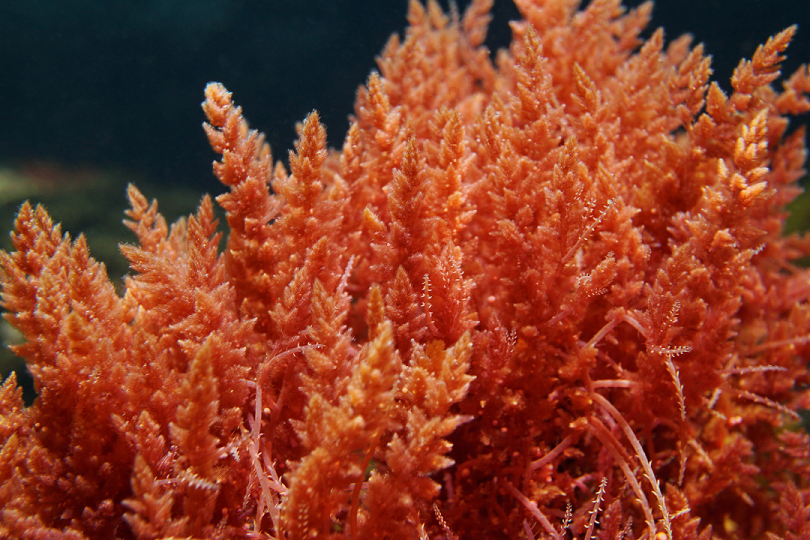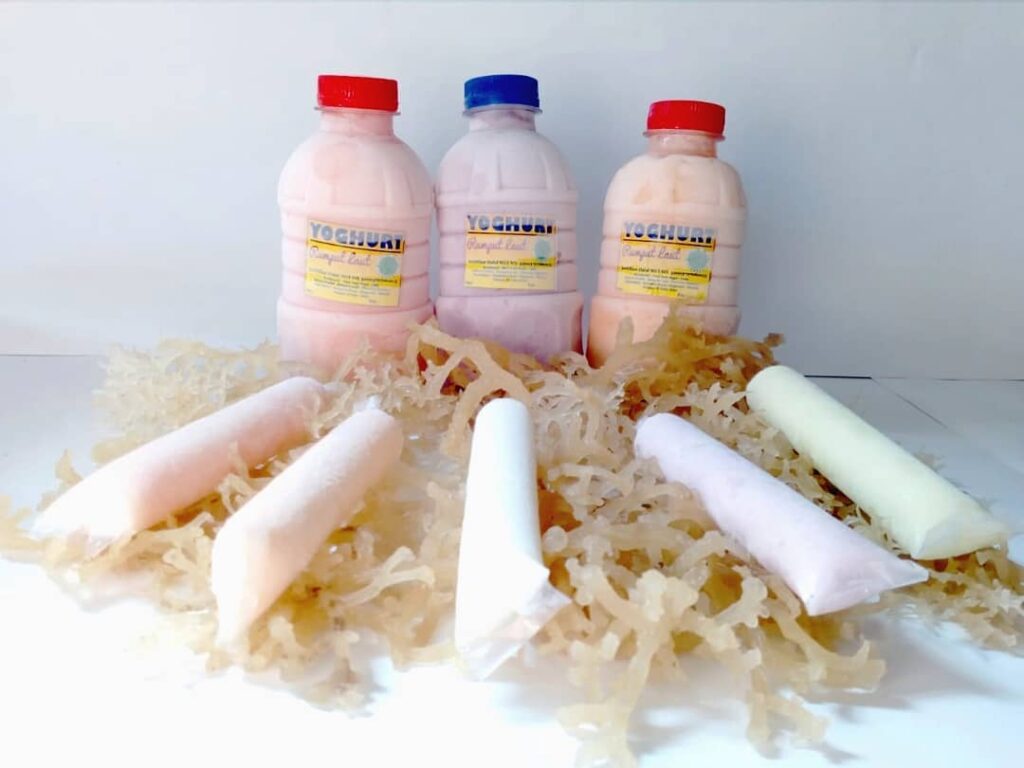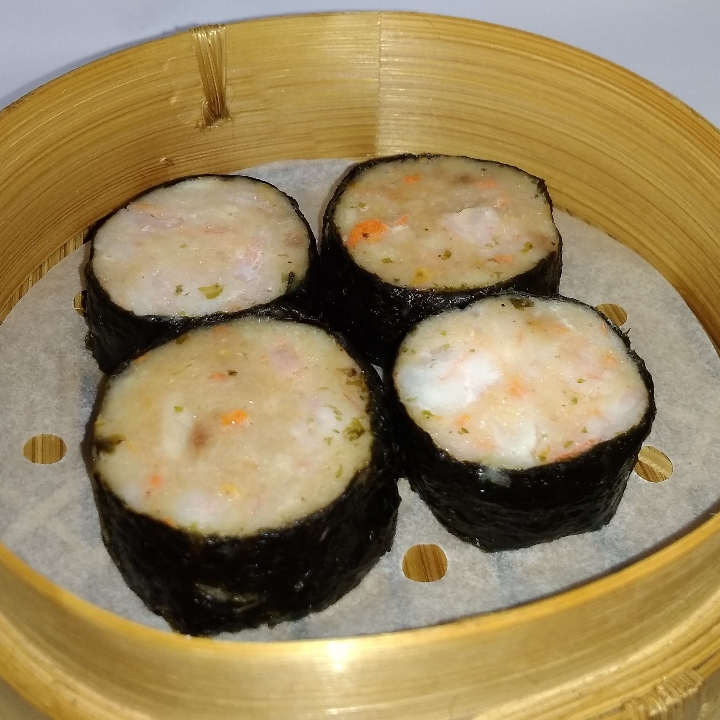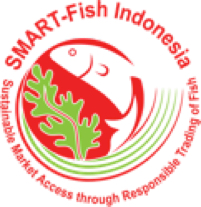
On World Oceans Day, Slash Emissions by Harvesting Seaweed — for Cows
Green activists often overlook basic realities in the quest for a carbon-free utopia: Every source of energy, from the construction of wind turbines to the mining of silica for solar panels to the damming of waterways, has its destructive environmental effects. But there are many of us committed to reducing the harmful effects of human consumption without massive government subsidies or fundamental overhauls of society. We are looking to the free market and technological innovation to do so.
One significant low-tech innovation is particularly timely on Wednesday, World Oceans Day. An academic study of a California dairy creamery last year got little media attention but could have a significant impact on our climate by leveraging one under-used natural resource: our oceans. The study, conducted at the Straus Family Creamery in Northern California, tracked methane emissions from cows after incorporating red seaweed harvested from the ocean into their diets over a period of several months. With just a quarter of a pound of red seaweed added to a cow’s daily diet of 45 pounds of vegetation, the bovine emitters produced less than half their normal methane emissions, and, in some cases, up to 90% less.
This is a big deal. Enteric methane, or cow gas, is a significant source of climate-warming greenhouse gasses — those that trap the sun’s heat in our atmosphere. A small change in diet can lead to massive shifts in aggregate. With agriculture accounting for one-tenth of U.S. greenhouse gas emissions, and cows accounting for 20% of that, reducing these methane emissions by half would equate to at least a 10% drop in agricultural emissions in aggregate. If the change projected from this study — cutting one dairy farm’s emissions in half — was scalable to every U.S. dairy farm, total greenhouse gas emissions in the United States would drop by about 1%.
All that from adding a quarter of a pound of red seaweed per day to a cow’s diet, the equivalent to a stick of butter in a five-gallon bucket of milk. Seaweed is easy to farm and requires no new land to do so.
“The Blue Ocean Barns seaweed solution is ready right now, it goes to work on climate change immediately, and it is economical," Joan Salwen, the co-founder and CEO of Blue Ocean Barns, told the Washington Examiner last year.
Such an inexpensive and practical fix to reduce agricultural emissions presents an exceptional opportunity for our country. Conservatives must champion such solutions.
Putting cows on a seaweed diet is not particularly sexy, doesn’t involve massive government giveaways, and doesn’t “do away with meat,” as many green activists prefer. That’s why you’ve likely not heard about it. But it does meet a problem head-on, and it could amount to a significant improvement in our emissions footprint for little cost and without radical change.
For a conservative like me, my fundamental motivation is to conserve what is good, while adapting to the changing times. Conserving what’s good means safeguarding what makes our country great, and that undoubtedly includes our stunning landscape and natural environment. Adapting to change means acknowledging that a warming climate due to greenhouse gasses is a real problem that merits real policy solutions. In response to radicalism and insistence on “transformational change,” cooler heads should promote practical solutions.
The Straus Family Creamery is planning on going carbon-neutral by 2023, and it says these seaweed supplements for its herds will be essential in doing so. Other American dairies should join, with the same urgency with which we are declaring “climate emergencies” and spending billions on electric vehicle charging stations.
The free market is leveraging new technology to come up with ingenious solutions to our environmental problems. These are not always expensive or transformational, but rather incremental and realistic. If we could cut U.S. emissions by several percentage points without massive big government spending schemes, why shouldn’t we?
Let’s start out by putting our cows on a seaweed diet — and keep looking for practical environmental solutions for our country and world.
Source: https://www.washingtonexaminer.com/opinion/on-world-oceans-day-slash-emissions-by-harvesting-seaweed-for-cows












